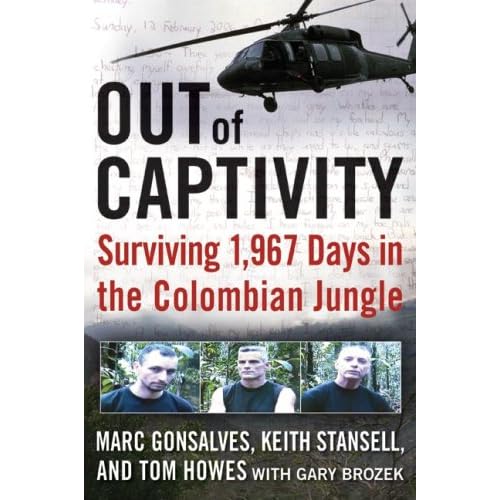Today I want to look at the situation across the border, and kind of look into the future of the narco war in Mexico. Also please read General McCaffrey’s After Action Mexico Report, as a good little primer on the situation. The question I have, is Mexico strong enough to battle these drug cartels, and how will the drug cartels treat the US as we feed the anti-drug war with Plan Merida?
So with that in mind, let’s for a second explore the possibilities, no matter how ridiculous. Already tunnels have been used to smuggle people, drugs, and weapons on the US/Mexican border. Notice how this same tactic is used by Hamas in Israel? There have also been incidents of criminals engaging with Border Patrol using automatic weapons, and operating more like military units, as opposed to thugs. Is this not what Hamas does? Or how about FARC? We have a deal with Colombia called Plan Colombia, and that support is used to fight a very bloody narco war there. Imagine if Colombia was right on our border in the US? Would FARC have crossed the border, and made the US pay for our support of Colombia? I am positive they would.
So where do all of these examples lead us? With a determined group, they will try everything they can to survive and keep the business going. These groups will learn from others, and will be inspired by working models of operation. Mexico’s Narco-insurgency will learn from Hamas and they will learn from FARC, and I am sure they will learn from others, as to the best way to stop the governments of both the US and Mexico from messing with their business.
One way that I could see these guys going, is launching rockets into the US, much like Hamas did with Israel. Hell, the FARC even did something similar within Colombia, by using propane lob bombs or IRAM’s. The idea being, is to piss off the larger neighbor to the north, and force the US to do something violent. They would want US forces to come into Mexico and try to shut things down. But once that happens, then the larger picture of Public Relations presents itself, and a US military action in Mexico would make the Mexican military and police seem even weaker and this action could piss off a lot of civilians. At worse, even civilians could be killed in that scenario. And if you are to study the FARC in Colombia, civilians have been killed during that narco-war, mostly by FARC, but also by accidents with government reaction to the FARC.
Now with an insurgency, when a smaller group attacks an occupier or an invading force, that smaller group actually becomes the good guy in some cases amongst the local populations. The drug cartels would love for this scenario to present itself. So if these guys could egg on the US, to become more involved, then they would be happy. The Plan Merida, much like the Plan Colombia, is our first step in combating these narco-insurgencies. But we also have to be prepared for some push back from the drug cartels for getting involved like this. Will these guys start launching rockets into US cities to start a fight? Who knows, but I do know that the drug cartels in Mexico are getting more brazen and more powerful all the time. The Mexican government is having a hell of a time fighting this, and my big fear is that a full blown narco war in Mexico could look a lot like the one in Colombia, and that would not be a good thing for the US. –Matt
——————————————————————-
General McCaffrey’s After Action Mexico Report focusing on drugs and crime in Mexico.
Academic Mexico Trip Report – December 2008
——————————————————————-
Mexico’s Narco-Insurgency
Hal Brands | 22 Dec 2008
World Politics Review
When Barack Obama takes office on Jan. 20, his foreign policy will almost certainly be consumed by the insurgencies in Iraq and Afghanistan. Yet Obama would do well to pay equal attention to a third ongoing insurgency, one that is currently more violent than the war in Iraq and possibly more threatening to American interests. This insurgency is raging not half a world away in the Middle East, but just across America’s southern frontier in Mexico.
(more…)
